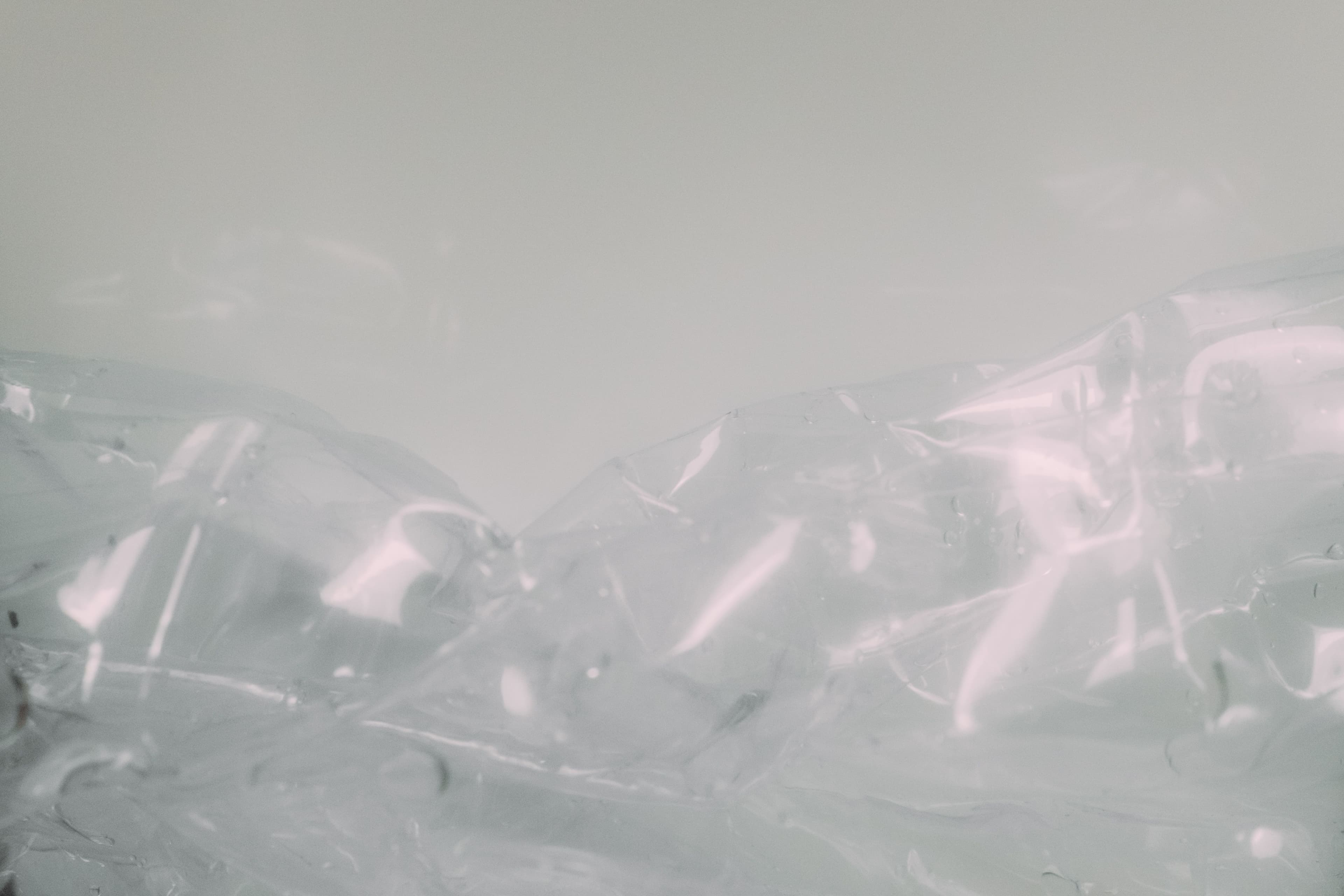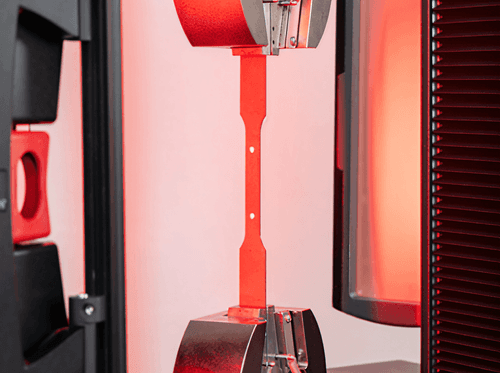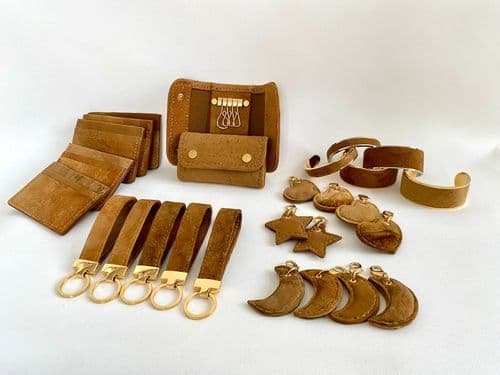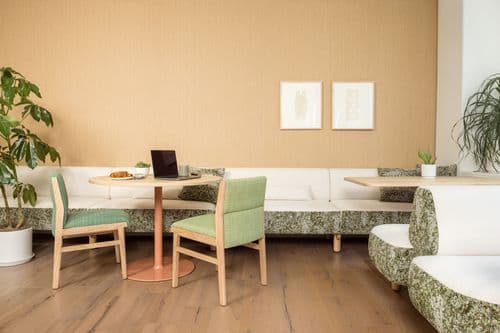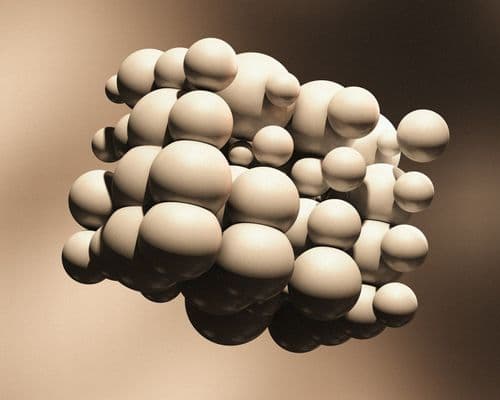1. Bloom Biorenewables: building on lignin and cellulose
Bloom Biorenewables is a company that focuses on sustainable solutions by developing technology to selectively convert abundant biopolymers, such as cellulose and lignin, into chemical products.
Established in 2019 by Florent Héroguel, and Jeremy Luterbacher, the company is based on a vision to promote a shift toward a circular society. Their values are rooted in nature, converting the most abundant biopolymers on Earth to chemical products.

Bioplastics and biorefining solutions
Bloom provides degradable bioplastics, such as polyester and polyurethane, with mechanical and barrier properties. These materials are chemically recyclable, functional, and can replace harmful substances like Bisphenol-A (BPA). They are cost-competitive and contribute to the transition from a linear, petro-based economy to a circular one. Bloom's aldehyde-assisted fractionation (AAF) technology separates cellulose while stabilizing lignin polymers and hemicellulose-derived sugars.
2. Lignopure: biopolymer from non-food sources
Joana Gil, along with co-founders Wienke Reynolds and Daniela Arango, developed the concept of reusing lignin further and combining science, innovation, and entrepreneurship to create lignin-based solutions.
Based in Hamburg, Lignopure’s mission is to maintain strong scientific research while preserving environmental sustainability. They focus on using non-edible biomass, renewable resources, industrial byproducts, and materials from responsible origins. Their approach involves designing solutions aligned that increase the useful cycle of plants.
](/_next/image?url=https%3A%2F%2Fstorage.googleapis.com%2Ftocco-cms%2FLignopure_products_53449296b3%2FLignopure_products_53449296b3.png&w=2048&q=75)
Lignin-based biocomposites and materials
Lignopure’s innovative particle technology unlocks the potential of lignin, offering a range of key features that make its materials worth considering. These lignin-based materials can replace fossil-based products and contribute to reducing the environmental footprint in various industries. The materials are suitable for many manufacturing processes, including 3D printing, injection molding, thermal processing, and extrusion.
3. Dionymer: turning organic waste into biopolymers
Dionymer is a company co-founded by Thomas Hennebel and Antoine Brège. The company is focused on transforming organic waste into biodegradable polymer materials known as Polyhydroxyalkanoates (PHA). They ultimately aim to provide low-carbon alternatives that can replace petrochemical plastics.
](/_next/image?url=https%3A%2F%2Fstorage.googleapis.com%2Ftocco-cms%2FD_product_e2d94f9a2d%2FD_product_e2d94f9a2d.png&w=2048&q=75)
Waste can be useful
Dionymer's approach allows various industries to address the environmental concerns associated with petrochemical plastics by integrating biodegradable, low-carbon, and sustainable PHA polymers.
These polymers can be employed in a wide range of applications, from cosmetics and coatings to textiles, plastics, encapsulation, 3D printing, and the medical industry. Dionymer's uniqueness lies in its biomimetic processes and fermentation technology inspired by nature.
4. BUYO: bio and plant-based materials for plastic
Vietnam-based BUYO Bioplastics specializes in producing nature-based and biodegradable bioplastic products by leveraging advanced proprietary technology.
These innovative bioplastics are derived from bio-waste and plant-based materials. BUYO tailors its bioplastic solutions for various end-use applications, including flexible packaging, rigid packaging, and medical applications. They primarily serve business-to-business (B2B) customers in demanding markets across the EU, North America, Asia, and beyond.
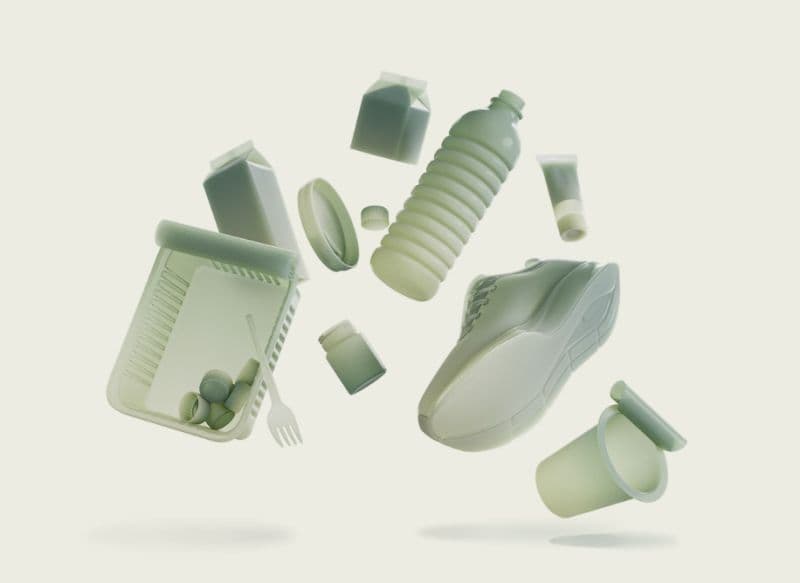
Biodegradable plastic solution
BUYO offers various flexible packaging solutions, such as wrapping films, carry bags, bottle labels, and snack flowpacks. These products are designed to replace conventional single-use plastics with nature-based alternatives.
Their solutions also extend to rigid packaging items like bottles, jars, straws, cups, and bowls. They provide biodegradable materials suitable for wound dressings, skincare face masks, and burn treatments. Their offerings align with the global shift towards more sustainable practices in diverse markets, including the EU, North America, and Asia.
5. BIOVOX: bioplastics for healthcare and food contact
BIOVOX is a German brand founded in 2021 by Julian Lotz, Vincenz Nienhaus, and Carmen Rommel. BIOVOX focuses on developing fully biodegradable bioplastics made from renewable raw materials.
Their mission centers around enabling a genuinely sustainable circular economy within the healthcare sector. BIOVOX is driven by the belief that regrowable materials are essential for a livable and environmentally responsible future.
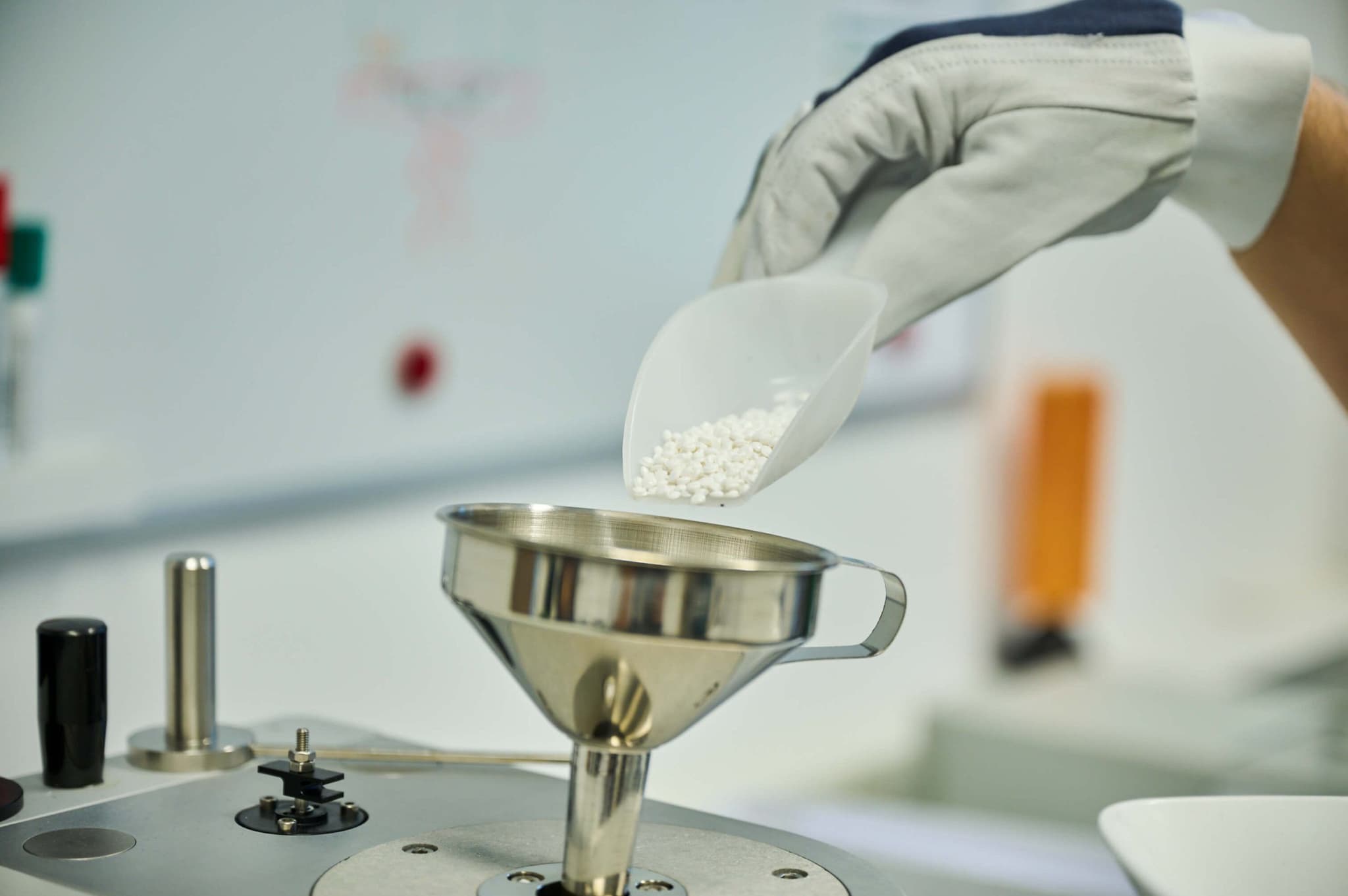
Medical-grade bioplastics
BIOVOX offers a range of innovative biocompounds under its MedEco brand. These biocompounds are engineered for applications in the medical and laboratory technology sectors. Their products include MedEco RIGID, MedEco SOFT, and MedEco PERFORM. In addition to these product categories, BIOVOX also offers food-grade bioplastics, eco-color masterbatches, 3D printing filaments, and antimicrobial additives.
6. Incredible Husk: repurposing agricultural waste
Incredible Husk is a research and development company with a mission to drive sustainability and environmental protection by transforming agricultural waste into innovative materials.
Founded in March 2020, the company was established to address the environmental issues caused by the burning of agricultural waste in Malaysia and other regions. It is headquartered in the United Kingdom and has test beds in Hong Kong, Malaysia, and Singapore. Incredible Husk International's commitment to sustainability lies in its innovative approach to reusing agricultural waste, which otherwise contributes to pollution through burning and other harmful disposal methods.
Putting husks to new use
Incredible Husk offers two products derived from agricultural waste, specifically husk material.
The first is Incredible Husk™. This product comprises cleaned and bonded agricultural waste materials processed into pellet or powder form, offering an alternative to all unsustainable materials, including plastics and bioplastics. Incredible Husk™ does not require toxic chemicals or binding materials to perform like the materials it replaces.
Husk Plus™ is specifically designed to address the problem of waste plastic. It is created through a different formula and process to create a material that can be combined with various forms of plastic waste, regardless of whether they are widely recycled. The materials can be used to create a wide range of products, from single-use items like packaging to durable products such as tools and tableware.
7. Biome Bioplastics: making intelligent plastics
Biome Bioplastics has a history rooted in over 20 years of development in the polymer sector. Their primary mission is to create bioplastics that not only challenge the dominance of oil-based polymers but aim to replace them entirely. They offer a range of high-performance, plant-based bioplastics that are 100% biodegradable and compostable.
)](/_next/image?url=https%3A%2F%2Fstorage.googleapis.com%2Ftocco-cms%2Fbiome_product_jpg_06402da446%2Fbiome_product_jpg_06402da446.webp&w=2048&q=75)
Versatile bioplastic range
Their range of product offerings evidences the versatility of Biome Bioplastics’ bioplastic range. They offer high-temperature bioplastics, cords, coating, flexible films, and custom blends. The films are designed to provide enhanced print and adhesion characteristics to enhance print quality and lamination, even at high production speeds. The films are derived from potato and corn-based resins. Their heat-resistant bioplastics address a common limitation of biodegradable materials.
